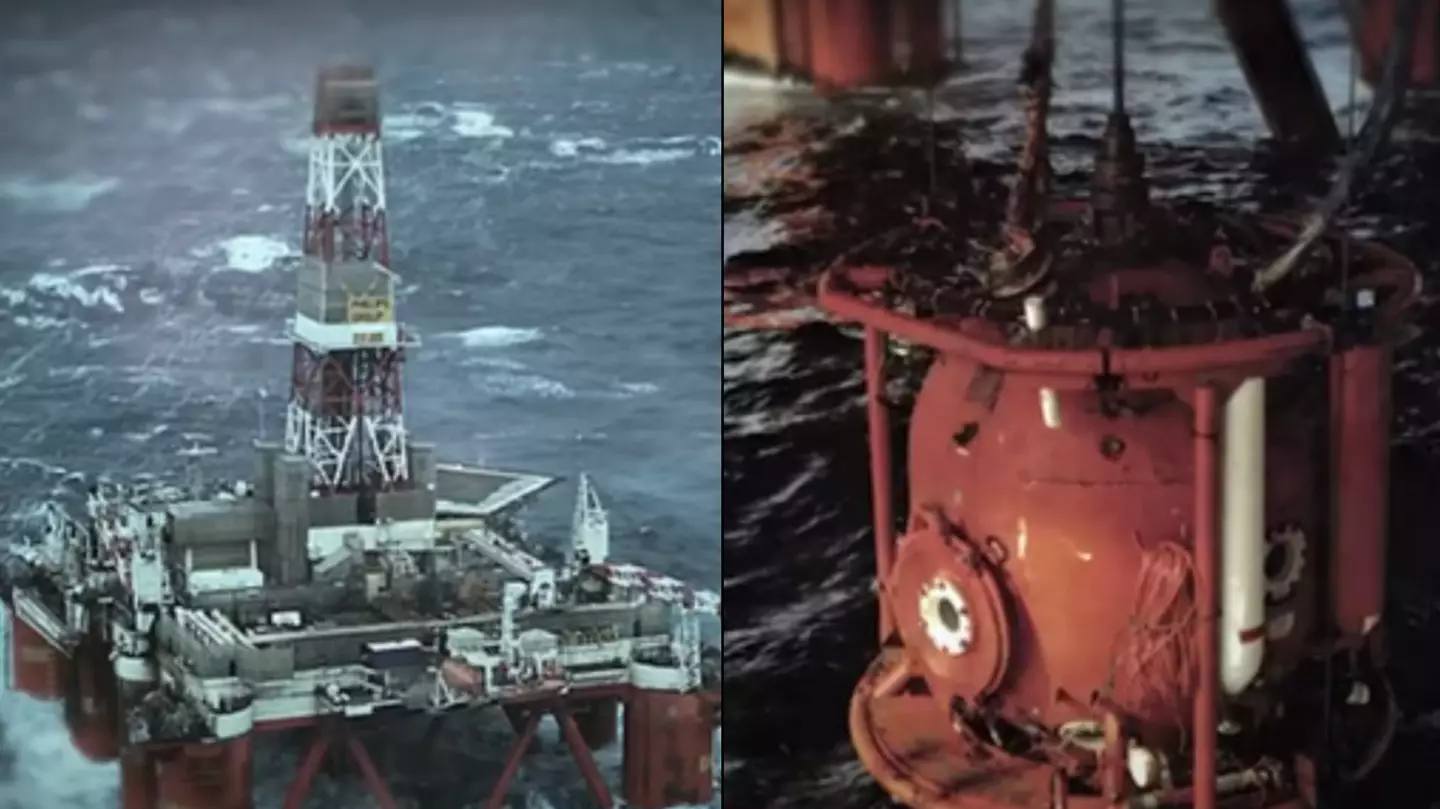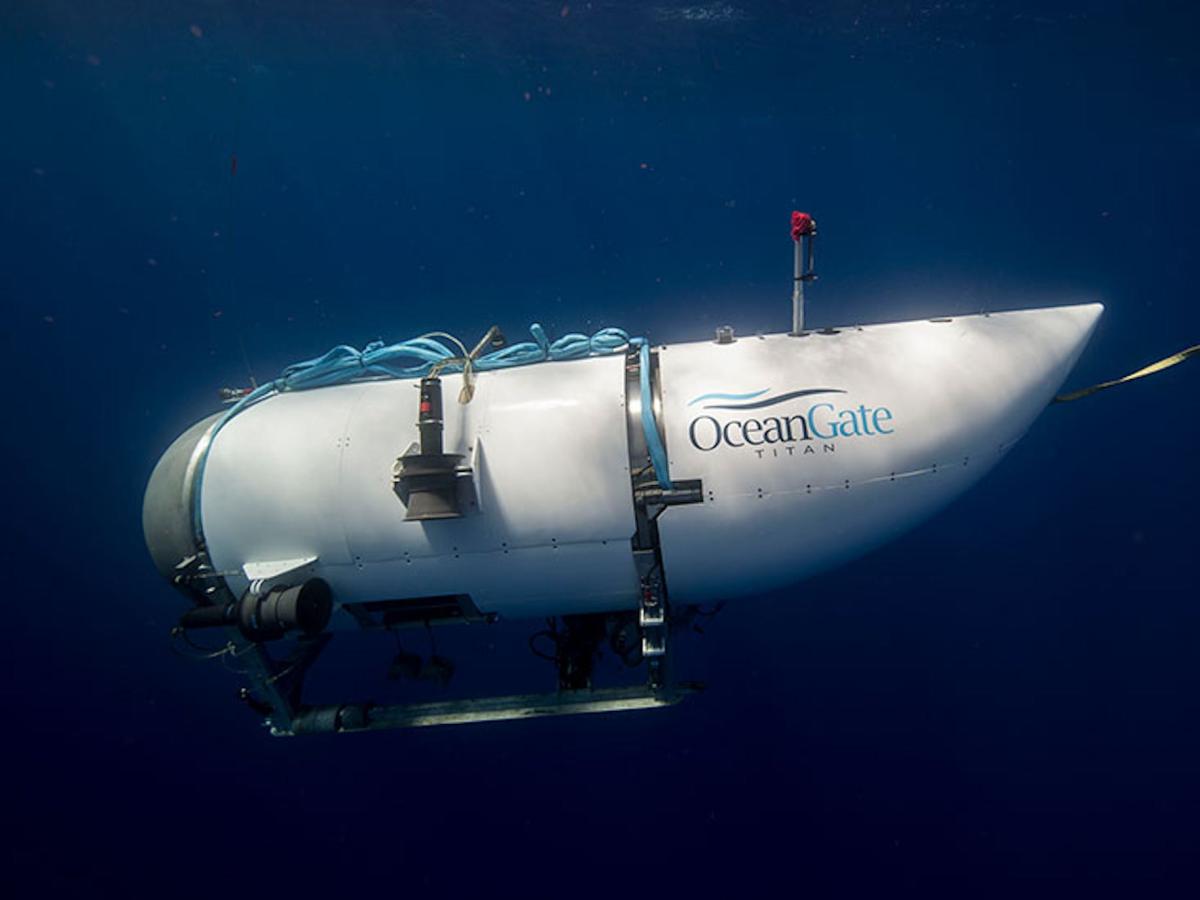Imagine this—you’re floating in crystal-clear waters, surrounded by majestic marine life. Suddenly, you hear a splash, and before you know it, something unexpected happens. Dolphin diving accidents, though rare, can still leave divers shaken. It’s not just about the thrill; it’s about staying safe and informed.
Every diver dreams of encountering dolphins in the wild. These intelligent creatures are a symbol of freedom and grace. But what happens when things don’t go as planned? Understanding dolphin diving accidents is crucial for anyone who loves the ocean. Whether you’re a seasoned diver or a newbie, knowing the risks and how to avoid them can make all the difference.
This article dives deep into the world of dolphin diving accidents. We’ll cover everything from what causes these incidents to how you can prevent them. By the end, you’ll be equipped with the knowledge to enjoy your underwater adventures safely.
Read also:Storm Reid Family A Deep Dive Into The Rising Stars Family Life
Table of Contents:
- Biography of Dolphins
- Common Dolphin Diving Accidents
- What Causes These Accidents?
- How to Prevent Dolphin Diving Accidents
- Safety Tips for Divers
- The Stats on Dolphin Diving Accidents
- The Right Gear for Safe Diving
- Expert Advice on Dolphin Encounters
- Environmental Impact of Diving with Dolphins
- Conclusion: Dive Smart, Stay Safe
Biography of Dolphins
Dolphins are more than just beautiful sea creatures. They’re highly intelligent mammals that have captured the hearts of humans for centuries. Known for their playful nature and social behavior, dolphins are a common sight for divers in tropical waters. But before we dive into the accidents, let’s take a moment to appreciate these amazing animals.
Dolphin Facts and Stats
Here’s a quick rundown on dolphins:
- Species: Over 40 species of dolphins exist worldwide.
- Size: Ranges from 4 feet (Maui’s dolphin) to 30 feet (orca).
- Intelligence: Dolphins have been shown to use tools and solve complex problems.
- Lifespan: Can live up to 50 years in the wild.
Common Dolphin Diving Accidents
While diving with dolphins is an incredible experience, accidents can happen. Here are some of the most common incidents reported by divers:
- Tail Slaps: Dolphins sometimes use their powerful tails to communicate or play, but a well-placed slap can cause injury.
- Collisions: Dolphins move quickly underwater, and accidental collisions can lead to bruises or even broken bones.
- Aggressive Behavior: Though rare, dolphins can become territorial or defensive, especially if they feel threatened.
These accidents, while not frequent, highlight the importance of respecting marine life and understanding their behavior.
What Causes These Accidents?
So, why do dolphin diving accidents happen? There are several factors at play:
Read also:Is John Travolta Gay Unpacking The Rumors And Facts
- Human Behavior: Divers who chase or harass dolphins can provoke defensive reactions.
- Environmental Factors: Poor visibility or strong currents can increase the risk of accidents.
- Lack of Training: Inexperienced divers may not know how to interact safely with marine life.
Understanding these causes is the first step toward preventing accidents.
How to Prevent Dolphin Diving Accidents
Prevention is key when it comes to diving with dolphins. Here are some strategies to keep you safe:
First off, always maintain a safe distance. Dolphins are wild animals, and getting too close can trigger defensive behaviors. Plus, many regions have laws prohibiting close interactions with marine mammals.
Second, invest in proper training. A certified diving course can teach you the dos and don’ts of diving with dolphins. Knowing how to read their body language can help you avoid potential conflicts.
Key Prevention Tips
- Stay at least 50 feet away from dolphins.
- Avoid making sudden movements.
- Never touch or feed dolphins in the wild.
Safety Tips for Divers
Beyond preventing accidents, there are other safety tips divers should keep in mind:
- Buddy System: Always dive with a partner. It’s not just about safety; it’s about sharing the experience.
- Check Your Gear: Make sure your equipment is in top condition before you dive.
- Know Your Limits: Don’t push yourself beyond your skill level. Respect your body and the environment.
These tips might seem basic, but they can save lives. Diving is all about preparation and respect.
The Stats on Dolphin Diving Accidents
Data shows that dolphin diving accidents are relatively rare. According to the International Marine Mammal Project, less than 1% of all diving incidents involve marine mammals. However, the numbers can vary depending on the region and the type of diving activity.
For example, in areas with high dolphin populations like the Bahamas, divers report more frequent encounters. This increases the likelihood of accidents, even if they’re minor. Understanding these statistics can help divers prepare for their trips.
The Right Gear for Safe Diving
Having the right equipment is crucial for a safe diving experience. Here’s what you need:
- Wetsuit: Protects against cold water and potential scrapes.
- Mask and Snorkel: Essential for clear vision and breathing.
- Fins: Helps you move efficiently without disturbing marine life.
Investing in quality gear can make a big difference in your diving experience. Plus, it shows that you respect the environment.
Expert Advice on Dolphin Encounters
So, what do the experts say about diving with dolphins? According to marine biologist Dr. Jane Smith, “Dolphins are incredible creatures, but they’re not pets. Treat them with respect and give them space.”
Dr. Smith also emphasizes the importance of education. “Many divers don’t realize how their actions can impact marine life. Educating yourself before you dive can make all the difference.”
Listening to experts like Dr. Smith can help you make informed decisions and have a more enjoyable diving experience.
Environmental Impact of Diving with Dolphins
It’s not just about safety; it’s about sustainability. Diving with dolphins can have both positive and negative effects on the environment. On one hand, it raises awareness about marine conservation. On the other hand, excessive diving can disturb dolphin habitats and disrupt their natural behaviors.
As divers, it’s our responsibility to minimize our impact. Choose eco-friendly dive operators and follow local regulations. Every little effort counts toward protecting our oceans.
Conclusion: Dive Smart, Stay Safe
Dolphin diving accidents are rare, but they can happen. By understanding the risks and taking preventive measures, you can enjoy a safe and unforgettable diving experience. Remember to respect marine life, invest in proper training, and always dive responsibly.
So, what’s next? Share this article with your fellow divers and start a conversation about safety. Together, we can make the oceans a safer place for everyone—humans and dolphins alike. And hey, if you’re planning your next dive, don’t forget to pack your gear and your sense of adventure!
Stay safe out there, and happy diving!


